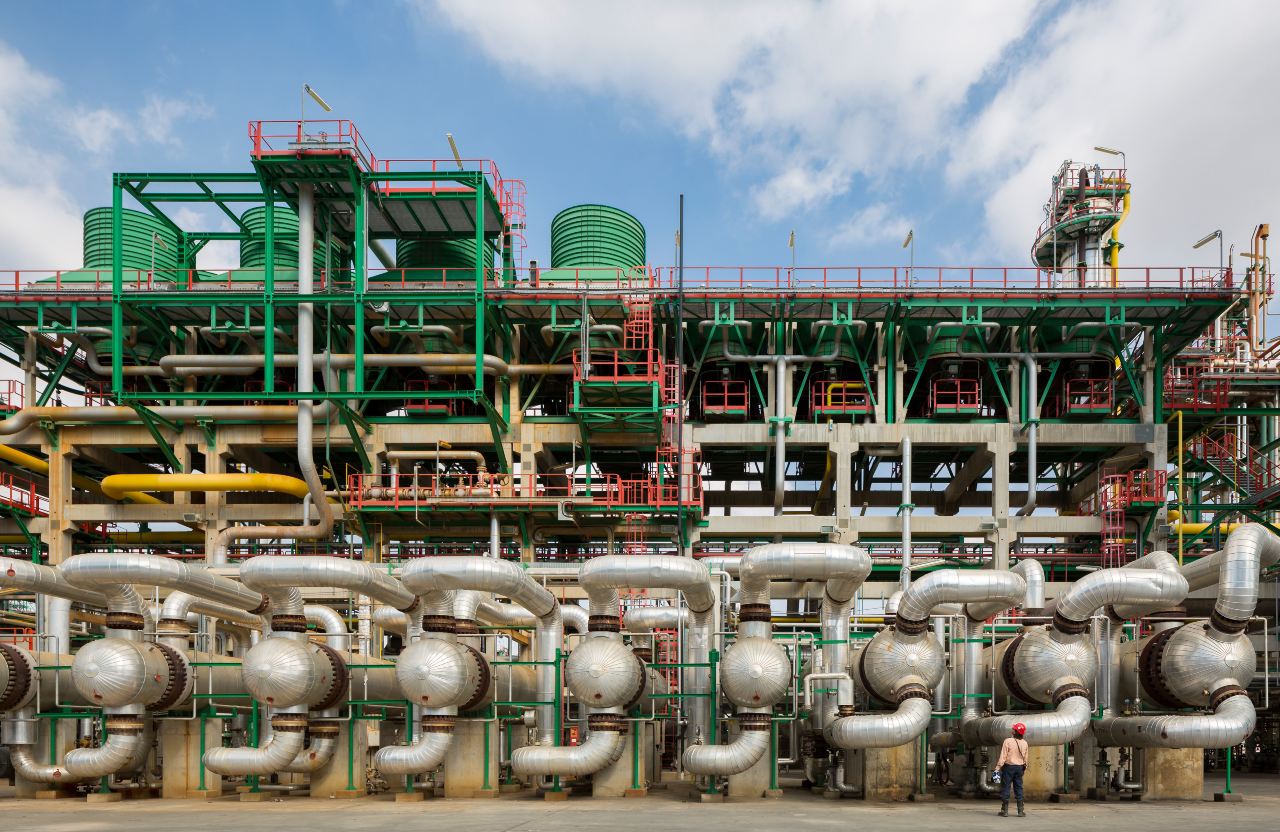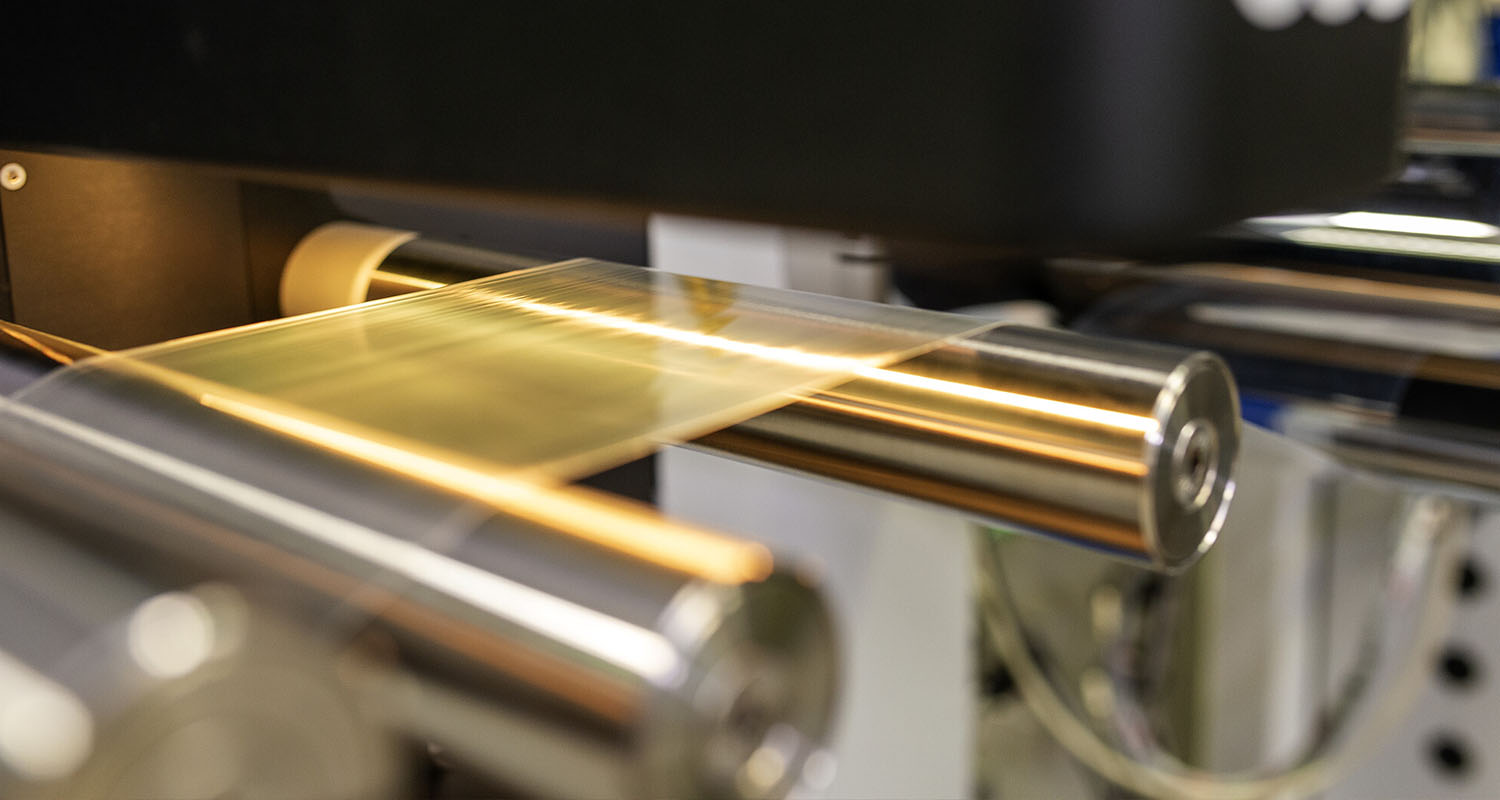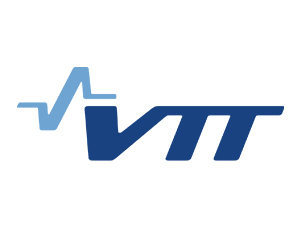Our experts give us their take on innovation in the circular economy
Our experts give us their take on innovation in the circular economy

Francisco Javier Carvajal González
Francisco Javier Carvajal González
Expert in Spectroscopy, Analytical Chemistry and waste sorting
"Plastic is too valuable in our lives, we can’t just cast it aside".

María del Mar González Barroso
María del Mar González Barroso
Expert in Biotechnology
"Innovating in biotechnology provides us with tools to respond to the global challenges we face and offers ways of achieving our sustainable development goals".

Rebeca Yuste Pilar
Rebeca Yuste Pilar
Expert in Circular Economy and Biofuels
"Technology enables us to give a second life to waste by revaluating it and transforming it into sustainable products".










